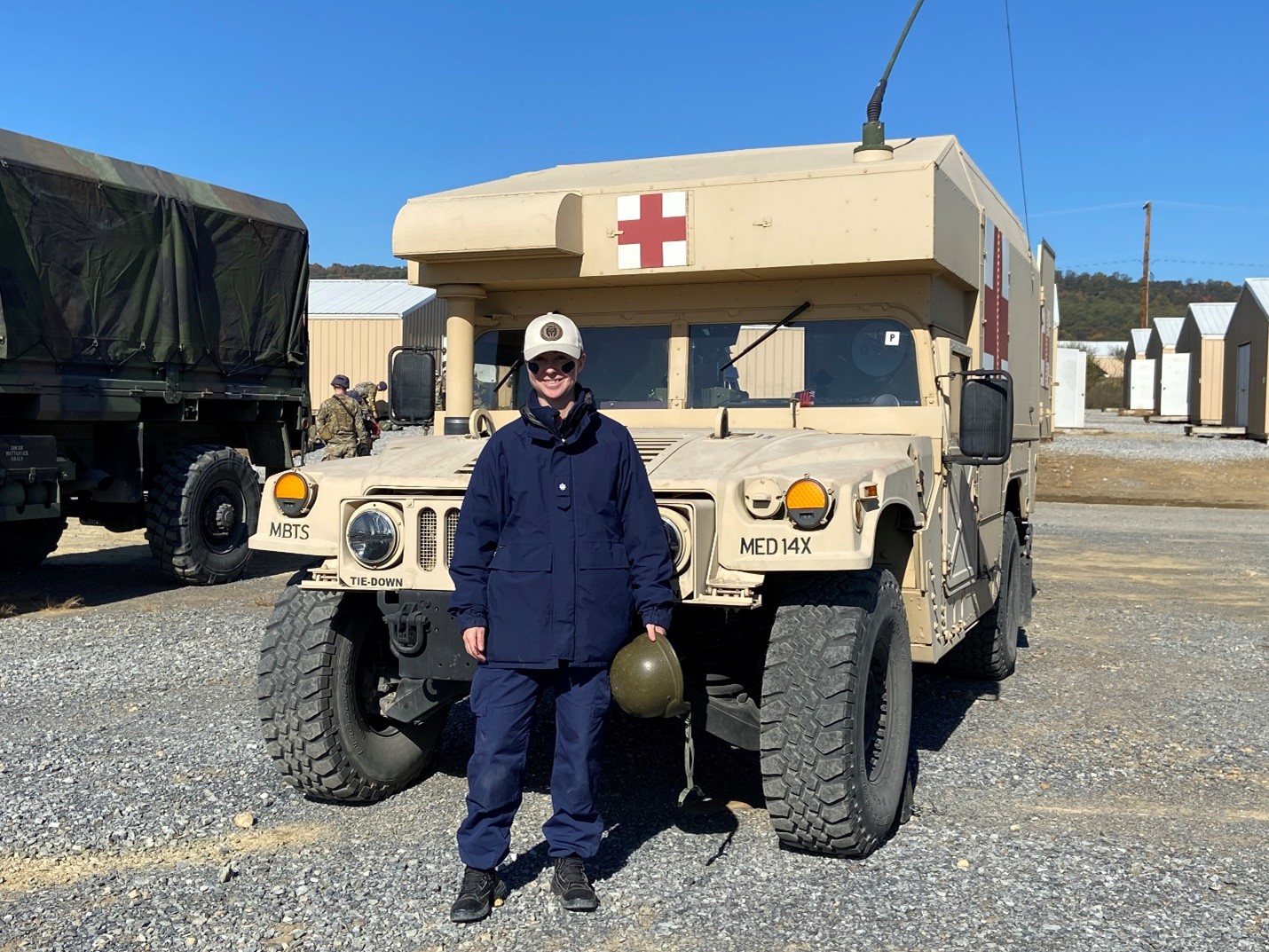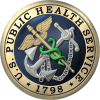-
- About ASB Main Page
- Deployment Travel and Travel Readiness
- Frequently Asked Questions
- Government Travel Charge Card
- Household Goods Officers
- Important Regulation Changes
- Junior COSTEP Travel Information
- Links
- Official Travel Forms
- Permanent Change of Station (PCS)
- Servicemembers Civil Relief Act (SCRA)
- Table of Frequently Used Acronyms
- Temporary Duty Assignments (TDY)
- Transportation
- Travel and Transportation
- Travel and Transportation Allowances FAQ
- Travel and Transportation Entitlements Summary
- Travel, PCS and Transportation
- Important Regulation Changes
- Travel & Transportation Entitlements Summary
- Permanent Change of Station (PCS)
- Temporary Duty (TDY)
- Junior COSTEP Travel Information
- Official Travel Forms
- Household Goods Officers
- Transportation
- Government Travel Charge Card
- Table of Frequently Used Acronyms
- Servicemembers Civil Relief Act
- Links
- Travel and Transportation Allowances FAQ
- Personnel & Career Management
- Licenses and Transcripts
- Licensure Overview and FAQs
- Transcripts FAQs
- Leave
- eCORPS Information
- Officer Leave and Absence Request FAQ
- Practice Hours
- Practice Hours FAQs
- Practice Hours User Guide
- Practice Hours Opportunities
- Long Term Training
- Extramural and Intramural Training FAQs
- Training Forms
- About Policy
- Commissioned Corps Issuance System
- Commissioned Corps Legislative Liaison Program (CCLLP)
- Equal Opportunity
- Frequently Asked Questions
- Political Restrictions
- Promotion Ceremony Protocol (PDF, 126kb)
- SGHG Drill and Ceremonies Manual (PDF, 3.39mb)
- Uniform Specifications
- PHS Hard Shoulder Boards and Sleeve Insignia (Male and Female) (PDF, 828kb)
- PHS Soft Shoulder Marks (Unisex) (PDF, 324kb)
- Physical Training Uniform (PTU)
- Deployment Information
- Operations and Deployment
- On-Call Schedule
- Deployment Awards
- Other Resources
- About the Training Branch
- Training Dates
- Career Pathways
- Webinars
- Career Development Trainings
- Officer Basic Course (OBC)
- Officer Intermediate Course (OIC)
- Preparedness Trainings
- Military Facility Annual Training (MFAT)
- Partner Trainings
- Army War College (AWC)
- Interagency Institute for Federal Health Care Executes (IAI)
- Capstone Leadership, Education, Analysis, Development, Sustainment (LEADS)/Joint Medical Executive Skills Institute (JMESI) Course
- Command and General Staff Officer Course (CGSOC)
- Defense Advanced Research Project Agency (DARPA)
- Joint Medical Executive Skills Institute (JMESI) Intermediate Executive Skills (IES)
- Office of National Drug Control (ONDCP)
The USPHS Commissioned Corps is committed to our mission to protect, promote, and advance the health and safety of the nation. Public Health Service officers are trained and equipped to provide crucial public health leadership, assist with policy development, advance innovation and science, provide essential care services and respond to national and global public health emergencies. Through our Active Duty Regular Corps, our Public Health Response Strike Team (PHERST) and our Ready Reserve Corps, we remain responsive and available to rapidly deploy in the service of health.
-
Officer Spotlight
CDR Sarah-Blythe Ballard

“Through my commission as a Public Health Service officer, I hope to leave the world a little better than it was when I arrived.”
CDR Sarah-Blythe Ballard’s first exposure to the U.S. Public Health Service (USPHS) Commissioned Corps was in 2014, serving as the medical coordinator for the International Medical Corps Ebola Rapid Response Initiative in Liberia. CDR Ballard was so impressed by the USPHS mission and the quality of its officers, serving critical functions providing high-quality care for healthcare workers, that she decided to commission as a Public Health Service officer herself.
During that 7-month deployment to Liberia, she led and provided over 1,000 hours of direct patient care at the 97-bed Kakata Ebola Treatment Unit, implemented a domestic helicopter air-evacuation system for Ebola-infected patients and biospecimens, and directed Hot Zone training for a cadre of USPHS Team 2 deployers arriving to support the USPHS’s Monrovia Medical Unit (MMU).
Currently serving in the Centers for Disease Control and Prevention (CDC) as the U.S. President’s Malaria Initiative (PMI) Resident Advisor to Kenya, CDR Ballard is seconded to the U.S. Agency for International Development (USAID) at the U.S. Embassy in Nairobi. Working in tandem with the national malaria control program, the PMI team in Kenya develops and implements an annual $34 million Malaria Operational Plan, covering a range of activities including vector control, case management, operational research, surveillance, monitoring, and evaluation. CDR Ballard works among diverse stakeholders, including international partners, local institutions, and the private sector, to leverage funding and optimize malaria control efforts.
Prior to joining the USPHS Commissioned Corps as an Epidemic Intelligence Service Officer in 2017, CDR Ballard served as the Head of Naval Medical Research Unit No. 6’s Parasitology Department in Lima, Peru, overseeing multidisciplinary staff in three laboratories and 12 harsh field sites. Before that, she served as an operational flight surgeon at Marine Corps Base Hawaii, deploying as a medical officer in charge of 1,800 U.S. Marines (deployed to Operation Enduring Freedom in Afghanistan) and 500 U.S. Navy Sailors (deployed to Operation Iraqi Freedom in Iraq), with detachments to Djibouti, El Salvador, Qatar, the Mediterranean, and the Pacific. Prior to those positions, CDR Ballard served as coordinator for the Comprehensive Combat and Complex Casualty Care Center at Naval Medical Center San Diego, overseeing medical care for Wounded Warriors returning from global operations.
Being part of the USPHS Commissioned Corps has afforded many opportunities for CDR Ballard to serve global populations surrounding conditions that impact vulnerable populations.
Career highlights include leading a policy changing clinical trial demonstrating the superiority of high- over low-dose primaquine for the radical cure of vivax malaria in the Americas, contributing to the introduction of the world’s first routinely-recommended malaria vaccine in sub-Saharan Africa, and collaborating with partners to stand up an East African regional molecular laboratory hub to detect emerging mutations threatening global malaria control efforts. She also enjoys mentoring junior Public Health Service officers and residents in the CDC’s Field Epidemiology Training Program in Kenya, the sister program of the CDC’s Epidemic Intelligence Service.In October 2022, CDR Ballard had the privilege of deploying to Operation Bushmaster, an annual exercise conducted by the Uniformed Services University (USU). Operation Bushmaster simulates a high-paced deployment in cold, austere environments where uniformed medical and nursing students conduct medical support for combat operations. As a member of the USU faculty team, she precepts students as they track disease/non-battle injuries, investigate disease outbreaks, provide technical assistance for public health problems in local communities, make public health recommendations, and provide care while responding to ethical challenges, mortar attacks, and mass-casualty events. CDR Ballard said that it was rewarding to see students come together to work as a team to accomplish mission. CDR Ballard had high praise for the students, saying “I would be proud to serve downrange with these young leaders.”
Born in Misawa, Japan, CDR Sarah-Blythe Ballard received her bachelor’s degree (in biochemistry and molecular biology) from Agnes Scott College, medical degree from Emory University, master’s degree (in public health), and PhD (in global disease epidemiology and control), and completed her residency at Johns Hopkins.
She is a Fulbrighter, NIH Fogarty Global Health Fellow, and Harvard Global Health Effectiveness scholar, holding medical board certifications in Preventive Medicine and Aerospace Medicine, and certificates in Tropical Medicine, Injury Prevention, and Health Finance from Johns Hopkins.
CDR Ballard believes being a Public Health Service officer means that she has the privilege and responsibility of being a servant-leader in public health, while constantly striving toward the greater good that unites us as global citizens.
When asked why she serves, CDR Ballard proclaims, “My name is CDR Sarah-Blythe Ballard, and YOU are #WhyIServe.”
She then adds, “Through my commission as a Public Health Service officer, I hope to leave the world a little better than it was when I arrived. For my fellow officers aiming to do the same, there is potential for greater impact if we work together.”
USER ASSISTANCE
Please check our Frequently Asked Questions (FAQs) . FAQs are located at the top of the page next to the search function.
Having Access Issues or Need IT Help? Please contact the Commissioned Corps Helpdesk at: CCHelpDesk@hhs.gov
COMMISSIONED CORPS NEWS
Officer Spotlight September 2025
Officer Spotlight
Practice Hours Opportunities
Practice Hours Opportunities
2023 Temporary Grade Promotions
CC News Announcement 2023 Temporary Grade Promotions
Changes in Tattoo Policy in CCI 412.01, Uniforms and Appearance
Changes in Tattoo Policy in CCI 412.01, Uniforms and Appearance
Surgeon General Priorities
Surgeon General Priorities
January 2021: United States Public Health Commissioned Corps Doctrine
The link above will take you to the Noncompetitive Promotion Roster for Promotion Year 2020.
FAQs Practice Hours and Special Pay Changes
This is first in a series of FAQs, more FAQs will be forthcoming on Practice Hours and Special Pays.
Coronavirus Disease 2019 (COVID-19) Mission - Deployments Readiness Updates
As we position ourselves to assist with controlling the spread of the Coronavirus Disease 2019 (COVID-19), please note that we’re in an “all-hands on deck” status. Messaging has gone out from the Assistant Secretary for Health reminding Commissioned Corps officers of their deployment responsibilities...
Protecting, Promoting and Advancing the Health and Safety of Our Nation. Commissioned Corps Headquarters
1101 Wootton Parkway, Suite 300
Rockville, MD. 20852
240-453-6000-
COMMISSIONED CORPS- Home
- Contact Us
- About Us
- Site Map
-
U.S. DEPARTMENT OF
HEALTH AND HUMAN SERVICES- HHS Home
- Office of Assistant Secretary for Health
- Office of the Surgeon General
- USPHS.gov
-
U.S. GOVERNMENT- The White House
- USA.gov
- USAJOBS.gov
- DATA.gov
-
ADDITIONAL INFORMATION- Plain Writing Act
- Accessibility
- Privacy Notice
- Freedom of Information Act
- Disclaimers
- Vulnerability Disclosure Policy

-
COMMISSIONED CORPS OF THE
U.S. PUBLIC HEALTH SERVICE® - CCMIS